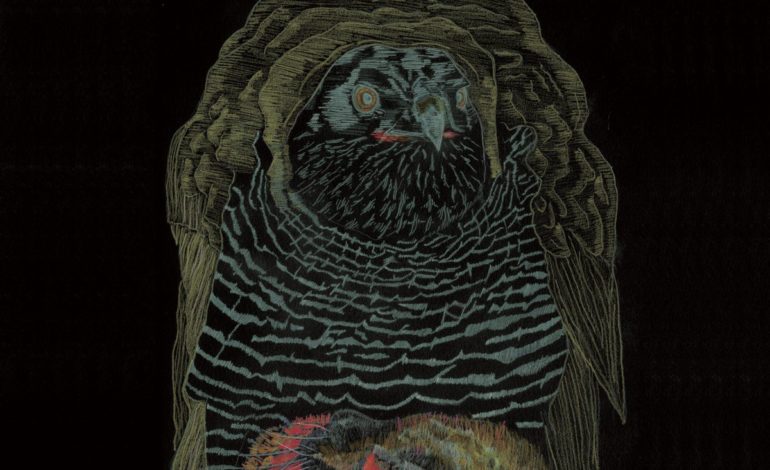

A rough-edged puzzle
Each piece of art is comprised of individual pieces slammed into a cohesive structure. Much of the best art renders the pieces invisible. Each boundary line is sanded so finely that they are entirely the same. Other great works call attention to the boundaries, taking pride in their influence and wearing it brilliantly upon their sleeve. Of these two approaches, We Love To Look At The Carnage, the latest record from Wrekmeister Harmonies, hews more closely to the second. Unfortunately, it’s difficult to glean the intentionality in the visible edges.
This record is not bad. It is listenable as a background piece and has enough complexity that a close listen is rewarding, but every now and then there are bewildering choices that pull the listener out from a mental groove. In “Midnight to Six” this moment occurs towards the end as the constant layering of vocals and swelling piano culminates in the addition of a rippling guitar. Though the rising crescendo is emotionally compelling, the palate feels corrupted by the muddled guitar. This same issue arises, though less potently, on “Still Life With Prick Cancer.” It is a particular shame because the guitar itself sounds phenomenal and crackles with a barely contained energy, but the application falls short of the ambitious nature of the album.
Oddly, the stand out track of the record is it’s shortest. “Coyotes of Central Park” is a calming, delightful track. But there is an undercurrent of malice in the background synths and certain notes on the violin. It’s so subtly nuanced that it rewards an incredibly close listen, and it’s success hinges on the elements that the rest of the record so disappointingly leaves behind.
The rest of the tracks turn back to the guitar. But “Immolation” in particular gets into the guitar far more fiercely than any track on the album. Its commitment to the sound and the resulting intensity of the track turn it into one of the most compelling tracks of the record. Each note drips with nuance and subtlety, weaving a complex emotional narrative unencumbered by over-experimentation or sonic crowding. The vocals aren’t always necessary but they don’t get in the way so much that they should be abandoned, and the complex composition remains the highlight.
To speak on the positives, there are some bold elements taking place here. The guitar may not always meld well with every other element on these tracks, but it is potent enough that it can be forgiven. Each composition was clearly considered, even if not all of them work. It takes risks and while not all of them pay off it turns out to be a worthwhile listening experience. With more time and future entries, Wrekmeister Harmonies could easily develop the subtlety of their sound to make it even more compelling, but for now, they’re showing their work. That’s better than showing nothing, even if the edges are a little rougher than one would like.
